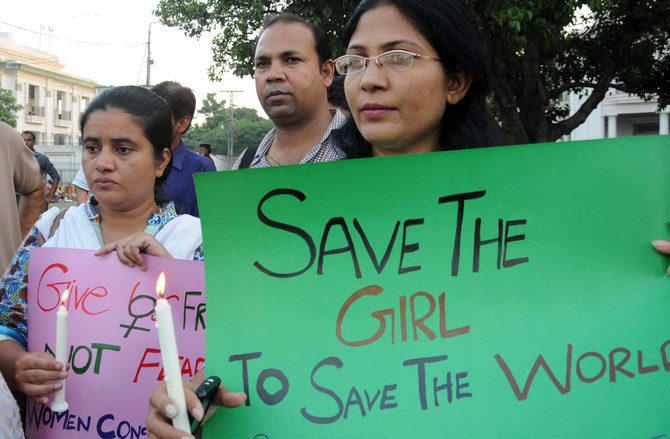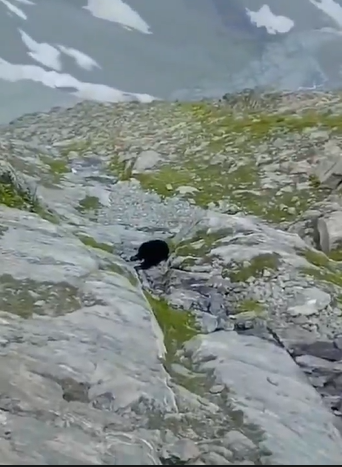ISLAMABAD: A court in Pakistan's most populous province of Punjab on Monday banned an outdated medical procedure in which rape victims are subjected to an invasive virginity examination, commonly referred to as the two‐finger and hymen test.
The United Nations and women rights activists have for years said the test is painful, inaccurate and a violation of human rights, with no place in modern society. The World Health Organization has declared the test "unscientific, medically unnecessary and unreliable." Neighbouring India banned the test in 2013 and Bangladesh in 2018.
The Lahore High Court announced its judgment in two public interest petitions challenging virginity testing in Punjab province, home to about 110 million people.
"In the detailed judgement authored by Justice Ayesha Malik, it has been held that the practice of virginity testing is unscientific and has no forensic value in cases of sexual violence," the petitioners said in a statement released after the verdict. "These virginity tests have been declared unconstitutional, against the right to life and dignity and
discriminatory and therefore contrary to Articles 9, 14, and 25 of the Constitution."
"The government of Punjab has been directed to take necessary steps to ensure that virginity tests are not carried out in medico‐legal examination of victims of rape and sexual abuse and to devise appropriate medico‐legal protocols and guidelines, along with standard operating procedures, in line with international practices," the statement said.
Supporters of the test have argued it can evaluate a woman's promiscuity and her "honour" but backlash to the test has been growing for years, with critics saying it provides no useful information and is traumatic for survivors of sexual violence.
Punjab health authorities admitted in September the test held "limited evidentiary value."

















